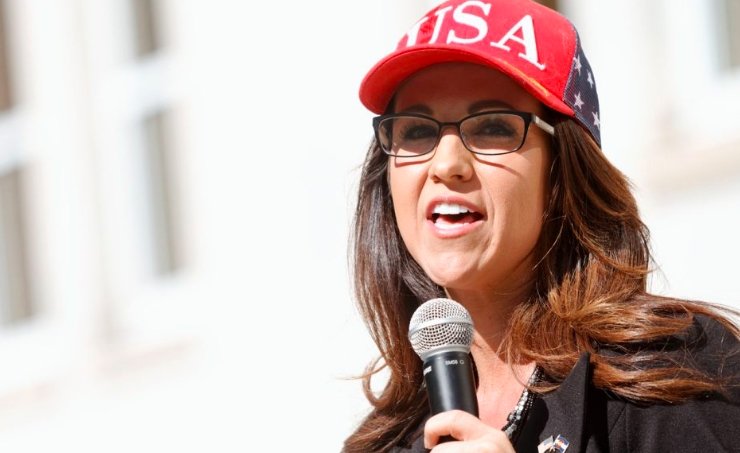A federal judge has denied the Colorado Republican Party’s request to prevent unaffiliated voters from participating in its primary elections, ruling that the party failed to show that a 2016 ballot measure that opened up the primaries was unconstitutional.
Judge rejects GOP’s constitutional challenge
The Colorado Republican Party filed a lawsuit in August 2023, seeking to invalidate Proposition 108, which was approved by 53.5% of Colorado voters in 2016. The measure allows unaffiliated voters, who make up nearly 48% of the state’s electorate, to vote in either the Democratic or Republican primary elections, but not both. The party argued that the measure violated its First Amendment rights of free association and political expression, and that it diluted the influence of its core members and candidates.
However, U.S. District Court Chief Judge Philip A. Brimmer rejected the party’s arguments, finding that the party failed to demonstrate that Proposition 108 had a significant impact on its nomination process or its ability to communicate its message. He also found that the party did not provide any evidence of “party raiding”, which is when voters switch their affiliation to vote in a rival party’s primary for the purpose of weakening that party. He said that the party’s claims were based on “speculation and conjecture”, and that the state had a legitimate interest in expanding voter participation and choice.
Unaffiliated voters welcome the ruling
The ruling was welcomed by unaffiliated voters and advocates, who said that the open primaries gave them a voice in the state’s politics and increased the accountability and responsiveness of the candidates. They also said that the open primaries encouraged more moderate and diverse candidates, and reduced the polarization and extremism that often characterize closed primaries.

One of the unaffiliated voters who testified in favor of Proposition 108 was Caltara Zoellner, a 53-year-old Denver resident who said that she felt alienated by both major parties and wanted to have a say in who represents her. She said that she voted in the Republican primary in 2023, and that she appreciated the opportunity to choose the best candidate regardless of party affiliation.
“I think it’s important for unaffiliated voters to have a voice, because we are the majority of the voters in Colorado, and we should have a say in who represents us,” she said.
Colorado GOP vows to continue the fight
The Colorado Republican Party expressed its disappointment with the ruling, and said that it would continue to fight for its right to close its primaries to unaffiliated voters. The party’s chair, Dave Williams, said that the ruling was based on the “false testimony of RINOs like Dick Wadhams”, referring to the former state GOP chair who testified against the party’s lawsuit. Williams said that Wadhams was a “Republican in name only”, and that he betrayed the party’s principles and values.
Williams said that the open primaries were a “disaster” for the party, and that they allowed unaffiliated voters to “hijack” the party’s nomination process and select candidates who were not true conservatives. He said that the party would appeal the ruling, and that it would also seek to change the state law that requires a 75% supermajority of the party’s central committee to opt out of the open primaries.
“We will not give up on our constitutional rights, and we will not let the unaffiliated voters dictate who our nominees are,” he said.













